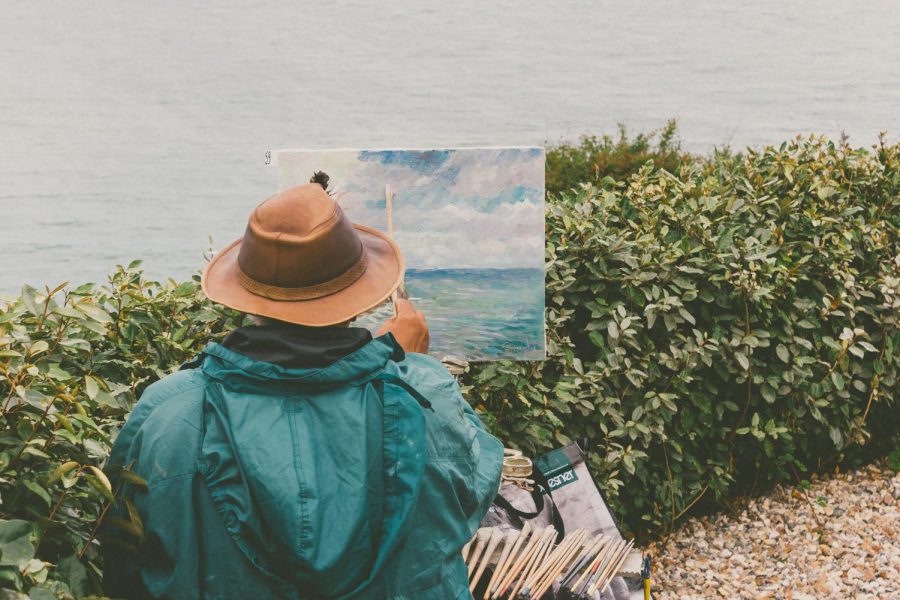
A group of Pakistani television and print journalists came to Manual on Tuesday, September 3 to talk to the J&C magnet’s Journalism 2 class. The journalists were brought to America by the International Visitor Leadership Program which is run by the U.S State Department. Their main purpose in coming was to learn about how mass communication and journalism works in the United States.
After the journalists introduced themselves, they engaged in a mutual question-and-answer session with the J&C students. One thing the students were curious about was the status of men and women in the media profession there. The journalists said that in Pakistan, journalism is a male dominated profession, though more and more women are staring to enter the field there. Out of the 8 journalists that participated, 3 were women; the guest agreed that many people in Pakistan are becoming more accepting of women in traditionally male dominated careers.
Awaz TV reporter Shahida Parveen wanted to know what the students actually meant when they referred to journalism as ‘our job.’
“All of us are learning obviously, but I think that apart from our learning, is that we do participate, I’m on the school’s newspaper staff, and so I already feel like a journalist, and less of a student. But I feel like our job as a journalist is to cover the news. I think that what I would like to do personally is to cover news that I think could make a difference,” Avalon Gupta VerWiebe (10, J&C) said in response.
Najia Baloch of Kawish TV wanted to know if the students were ready to take journalism as a career. “Sometimes you have to risk your life, you have to sacrifice your social life, so, are you prepared for it?” Boloch asked.
“Honestly the way I think about it is, I want to spend my life doing what I love to do, and I’d rather have a job that I enjoy doing … than have a job sitting in an office that I hate doing, and have all the time in the world,” said Erin Woggon (10, J&C).
This isn’t the first time foreign journalists have visited Mr. Miller’s classroom; last year journalists from Italy, Romania, Nepal, Oman, Palestine, and Russia came to speak with Journalism 1 students.




